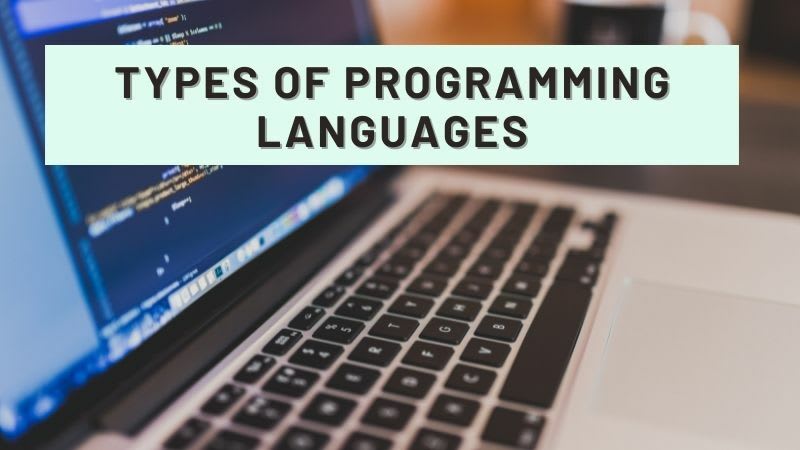
Nowadays, there are various programming languages that are growing more generic and all-purpose, yet each language has its own specialisations and advantages and downsides. Programming languages are often categorised into a few kinds; nevertheless, these languages support a variety of programming styles. Every year, a number of programming languages are developed, but only a few become highly popular and may be used by a professional programmer in their career. In this blog, we will go over all of the different types of programming languages in depth.
Note:- If you are troubled with your Computer science assignments, you can take Computer Science Homework Help from experts.
What is Programming Language?
A programming language is a type of notation used to link instructions to a machine or computer. Programming languages are mostly used to regulate machine performance or to express algorithms. Thousands of programming languages are now in use. Many languages in the computer sector must be stated in imperative form, whilst other programming languages use declarative form. The software is separated into two parts: syntax and semantics. Some languages, like C, are specified by a SO standard.
Note:- If you are troubled with your C sharp assignments, you can take C sharp assignment help from experts.
Types of Programming Languages
Procedural Programming Language
The procedural programming language is used to carry out a series of statements that result in a result. This type of programming language is distinguished from functional programming languages by the usage of many variables, heavy loops, and other components. Variables other than the function's value returns may be controlled by procedural language functions. Printing information, for example.
Functional Programming Language
Functional programming languages often make use of stored data, eschewing loops in favour of recursive functions. The major focus of functional programming is on function return values, and side effects and different hints that storing state are strongly avoided. In an extremely pure useful language, for example, if a function is named, it is assumed that the function will not change or do any o/p. It may, however, construct algorithmic calls and change their parameters. Functional languages are often simpler and make it easier to work out abstract difficulties; nevertheless, they are "far from the machine" in that their programming paradigm makes it harder to know precisely, but the code gets decoded into machine language (which are often problematic for system programming).
Note:- If you are troubled with your C++ assignments, you can take C++ Programming Help from experts.
Object-oriented Programming Language
This programming language sees the world as a collection of objects with internal data and external access to portions of that data. The goal of this programming language is to think about an issue by breaking it down into a collection of objects that provide services that may be utilised to address a specific problem. Encapsulation is a key principle of object-oriented programming languages, which states that everything an object requires must be included within the object. This language also emphasises reusability through inheritance and the ability to distribute existing implementations without changing a lot of code through polymorphism.
Scripting Programming Language
These programming languages are frequently procedural and may have object-oriented language aspects, but they are classified separately since they are not full-fledged programming languages with support for the construction of massive systems. They may, for example, lack compile-time type verification. Typically, these languages require very little syntax to get started.
Logic Programming Language
These languages allow programmers to make declarative claims and then let the machine reason about the implications of those statements. In some ways, this language does not direct the computer what to do, but rather limits what it might contemplate doing.
Conclusion
As we have already discussed, there are several types of programming languages. As a result, we hope that our site will be extremely valuable to you and will solve all of your worries about Types Of Programming Languages.
Note:- If you are troubled with your C Programming assignments, you can take C Programming Assignment Help from experts.


Top comments (1)
Nicely covered subject!